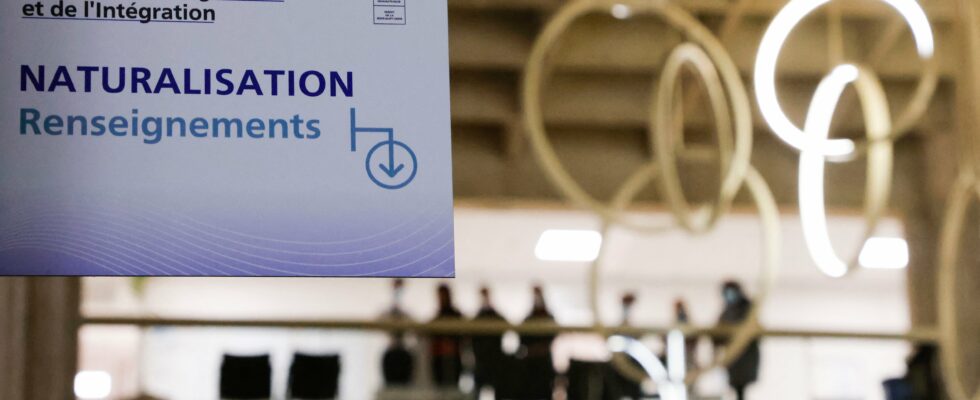Is a highly developed and redistributive welfare state like France compatible with sustained extra-European immigration? This question, which was until recently taboo, is nevertheless widely studied in economics universities. The result of this research is that the reality is less politically correct than what the left intelligentsia imagines.
The first widely accepted finding is that “ethnic diversity” has a negative effect on support for redistribution – see for example “Does immigration make Europeans less supportive of redistribution?” by Alberto Alesina, Elie Murard and Hillel Rapoport (Paris School of Economics, 2019). Indeed, the most homogeneous groups tend to be more united than others. This is one of the elements which explains why the Scandinavian countries consider the welfare state as part of their identity, whereas this notion is contested in the United States, as demonstrated in the past by the extreme political difficulty for Barack Obama to implement broader health insurance than the current system.
Obama explains in his memoirs that he encountered a granite difficulty. Economic analysis confirms that, in a communitarian and divided country like the United States, the feeling of global solidarity is weak. Conversely, a country like Denmark drastically limits immigration in order, in particular, to maintain a united social contract. The underlying idea is that the feeling of solidarity fades with cultural and religious distance.
Redistribution transcends the right-left divide
In theory, this first result could be counterbalanced by a “compensation effect”. In other words, the arrival of a wave of immigration in a country, if it is massive and sudden, can lead to economic uncertainty, for example the fear of seeing one’s salary drop in certain sectors – in practice, these drops are minimal – or even losing your job to an immigrant – which almost never happens – an uncertainty which can lead to an increased demand for redistribution.
In reality, it is very difficult to identify this theoretical pattern which links immigration to an increased need for solidarity. This rationality of reasoning is not found in the real world. Economic research on these subjects reveals, on the other hand, a second stylized fact, very visible this one, called the “policy bundle effect”. The idea is that the same objective, in this case defending the welfare state, can motivate a voter on the left as well as on the right. The voter is tempted to vote left to reinforce a redistributive social democratic policy. He may also want to vote to the right to reduce immigration and protect the welfare state.
For around ten years, this conflict has most often been resolved by a clearly right-wing choice, as shown, for example, by polls in France. Some political figures try to attract voters to them by proposing the policies of their camp… and those of the opposite camp. Marine Le Pen is the most successful in this area thanks to her theme of “national preference”. It announces a drastic reduction in immigration while putting forward an unliberal economic policy, placing a strong emphasis on redistribution with, for example, the raising of the legal retirement age and the reestablishment of the ISF. On the left, François Ruffin adopted a symmetrical strategy: an accentuation of redistribution accompanied by a critical look at immigration.
This is also the synthesis carried out in Germany by Sahra Wagenknecht. This Marxist left the left-wing party Die Linke to create an anti-immigration left-wing party and act as a bulwark against the AfD, a far-right group which promotes very similar ideas. Today it is up to non-populists to recognize this reality and integrate it into a program that protects the welfare state while avoiding putting France under lockdown. One of the avenues could be a very offensive policy to attract foreign graduates who adhere to our values and who will, tomorrow, fill the ranks of our researchers, creators and business leaders.
.
